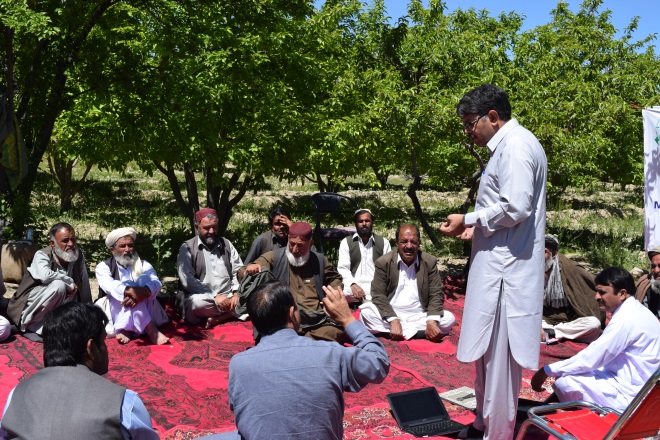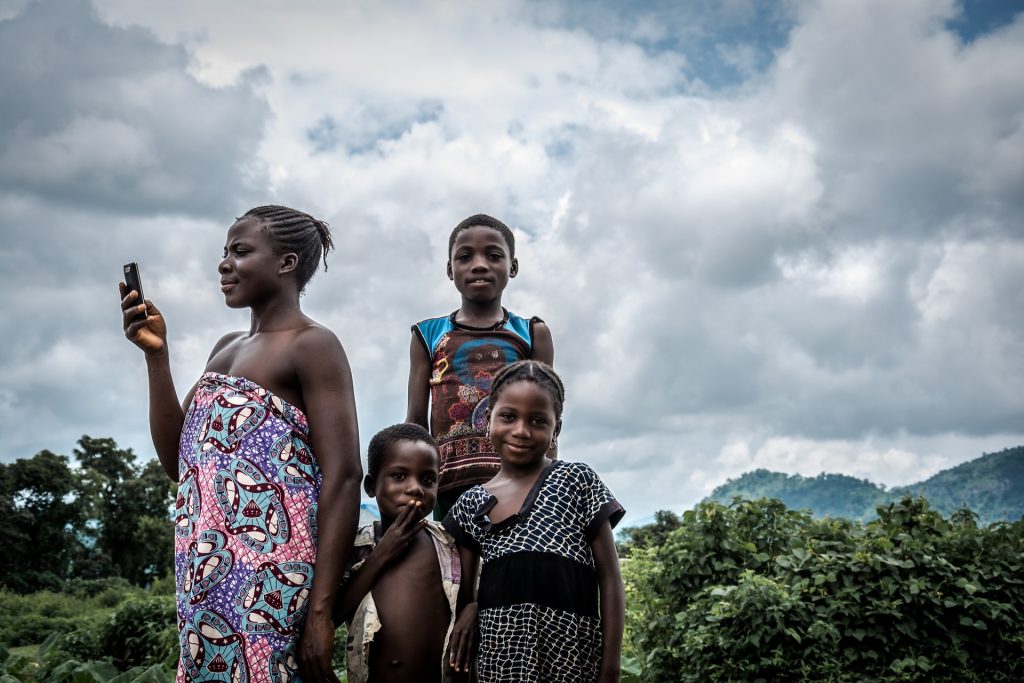The impact of invasive species on human health
By Giuseppe Mazza and Elena Tricarico, Università degli Studi di Firenze, Italy Invasive species are becoming a popular topic in newspapers: when articles appear, they mainly report the damages invasive species can cause to our ecosystems (e.g. reduction or disappearance of native species as well as habitat modification) or to our economic activities: fishing or…
Boosting cocoa production through improved pest management
Reblogged from ACIAR PNG is benefiting from integrated pest and disease management strategies that are reducing incidences of cocoa pod borer and ensuring profitable cocoa crops. More than 150,000 households in PNG depend on cocoa for their livelihoods. Families and communities rely on the income generated from their cocoa crops to buy food, making it…
Empowering marginalized communities: Success story of Mr Maula Dad, an apple grower from Balochistan
Balochistan province is famous for producing apples, contributing more than 80% to the total apple production in Pakistan, and therefore has a significant impact on the household income of farmers in the region. However, apples are also prone to infestation by a number of different pests, of which the apple codling moth (Cydia pomonella) is of…
‘Switching’ onto ICT approaches to gender in extension services
Duncan Sones, of the Africa Soil Health Consortium (ASHC) delivery team, looks back on six years of concept and project development that could unlock changes in farmer’s ability to effectively access improved technologies… I don’t know about you but when I hear about something for the first time, I rarely take in all the nuanced…
Invasive species: the threat to human health
The damage that invasive species can cause to the environment and the economy are well known, but impacts on human health have been much less analysed. However, invasive species can cause impacts ranging from psychological effects, phobias, discomfort and nuisance to allergies, poisoning, bites, disease and even death. Invasives experts Giuseppe Mazza and Elena Tricarico…
Overcoming cotton insect/pests through Natural Enemies Field Reservoir (NEFR) technology in Pakistan
Cotton is one cash crop of Pakistan which is attacked by a number of pests including sucking (aphid, jassid, white fly) piercing (mites), cutting (white ant) and chewing (boll worms). Izhar Nabi Sehto of Kurkuli village, district Sanghar of Sindh province, said the only option that comes readily to the farmer’s mind when looking for a control…
CABI warns of rapid spread of crop-devastating fall armyworm across Asia
CABI scientists have today warned of the impending rapid spread of the crop-devastating pest, fall armyworm, across Asia following its arrival in India, with major crop losses expected unless urgent action is taken. The warning comes following a pest alert published this week by the Indian Council of Agricultural Research (ICAR) on the website of one of…
New Trial Eradicated 80% of a Disease-Carrying Mosquito Population
A new trial experiment undertaken in Australia has been shown to successfully eliminate 80% of the disease-bearing mosquito Aedes aegypti.
Back from the brink: how biocontrol saved St Helena’s national tree from extinction
By Wayne Coles At first sight the humble scale insect, Orthezia insignis doesn’t seem like it could pack much of a punch in a ‘fight’ against a range of native flora – but to make such an assumption would be very dangerous indeed. In fact Orthezia insignis is a genuine invasive menace which in Hawaii,…
Plant Parasitic Nematodes – the world’s most important crop pathogen?
By Richard Sikora, Danny Coyne, Johannes Hallman and Patricia Timper Plant parasitic nematodes – overlooked, neglected, little known and mostly out of sight; surprising then that they cause billions of dollars’ worth of damage to global crop production annually. In the tropics and subtropics they persistently undermine production, result in massive waste of disfigured and unmarketable…







